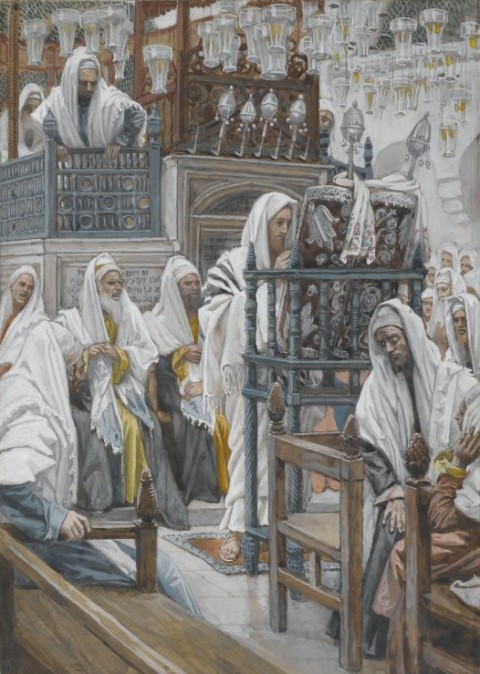
The day after Epiphany, a friend of my extended family—the kind of friend who would appear at family gatherings when I was a kid, the kind of friend who felt like family—died alone. He’d been a drifter, to use my family’s language, but that didn’t keep us from loving and welcoming him.
My sister told me that he died in his apartment—not the apartment he’d recently been evicted from, but the “dump of an apartment” he’d landed in. She told me that drugs and alcohol were involved, and that they’re not sure if his death was an accident or he’d intended it.
The day before in worship we’d sung Charles Wesley’s hymn “Christ, Whose Glory Fills the Skies”—“Dark and cheerless is the morn, unaccompanied by thee / joyless is the day’s return, till thy mercy’s beams I see”—and three days later I grieved the dark, cheerless morn when our friend lost his life, when he perhaps decided that living no longer mattered.
I wondered, What’s the gospel on such a cheerless Monday morning? What’s the good news in this season after Epiphany?
Then I remembered a scene from a middle-grade novel I’d read in December. Patricia MacLachlan’s books are known for helping grade-school kids make sense of difficult subjects like death and grief, and My Father’s Words is no different. It tells the story of Fiona and her younger brother Finn after the death of their father in a car accident. The scene I recalled moved me when I first read it, and now I know why.
Fiona and Finn are sitting at home during the celebration their father requested in his will. Visitors are coming and going. Their friend Luke, who lives across the street, enters and squeezes between them on the couch. Fiona narrates the brief scene.
Luke sat between Finn and me, saying nothing. Luke didn’t talk much ever, and that was one of the things I liked about him.
“I’m here,” he said finally.
“I see that. Thanks.”
“I’m here.” “I see that. Thanks.” These are the words I remembered. These are the words that capture for me the good news in this season after Epiphany, the words that give me hope.
Isn’t that a perfect condensing of the message of this season wedged between the two most significant celebrations of the Christian faith? In December we journey toward Bethlehem, toward Christ’s birth. In several weeks we’ll walk toward Jerusalem, toward Christ’s death and resurrection. In between we follow Jesus around, and he seems to be saying at every turn exactly what we need to hear: I’m here.
Glancing through the Gospel texts assigned for this season, that’s what I see again and again.
Jesus, emerging from the Jordan, water cascading off his shoulders—I’m here.
Jesus, performing his first miracle in Cana—I’m here.
Jesus, reading from the scroll of the prophet Isaiah, announcing the prophecy’s present fulfillment—I’m here.
Jesus, startling some fishermen by directing them to their biggest catch, then calling them to follow—I’m here.
Jesus, hiking up a mountain with his closest friends and letting the mystery of his identity shine brighter than they’d ever seen—I’m here.
Throughout the Gospels, Jesus squeezes into human lives—into celebrations, sabbaths, and occupations; into fears, frustrations, and perseverations—and keeps speaking that simple refrain: I’m here.
Our world is like a funeral parlor—people stunned silent, sitting in the aftermath of all kinds of tragedy and trauma, personal and corporate. We are all Fiona and Finn, in one way or another. Yet the Christ we hear preached about in this season after Epiphany is not just a figure of the past. He’s still walking through the funeral parlor of our world, still whispering his sweet refrain.
In an immigrant detention center along the border with Mexico, in an Alzheimer’s unit of a nursing home, in a homeless camp in the woods, in the dormitory of an addiction treatment center, in family rooms and kitchens and dining rooms where hide unspoken griefs and fears, the Christ still speaks: I’m here.
Even in a lonely apartment on a dark and cheerless morn, where a beloved child of God wheezes his last breath.
And wherever this Christ says I’m here, hope is never extinguished, and the possibility persists that we might venture a response. That we might say, “I see that. Thanks.”




